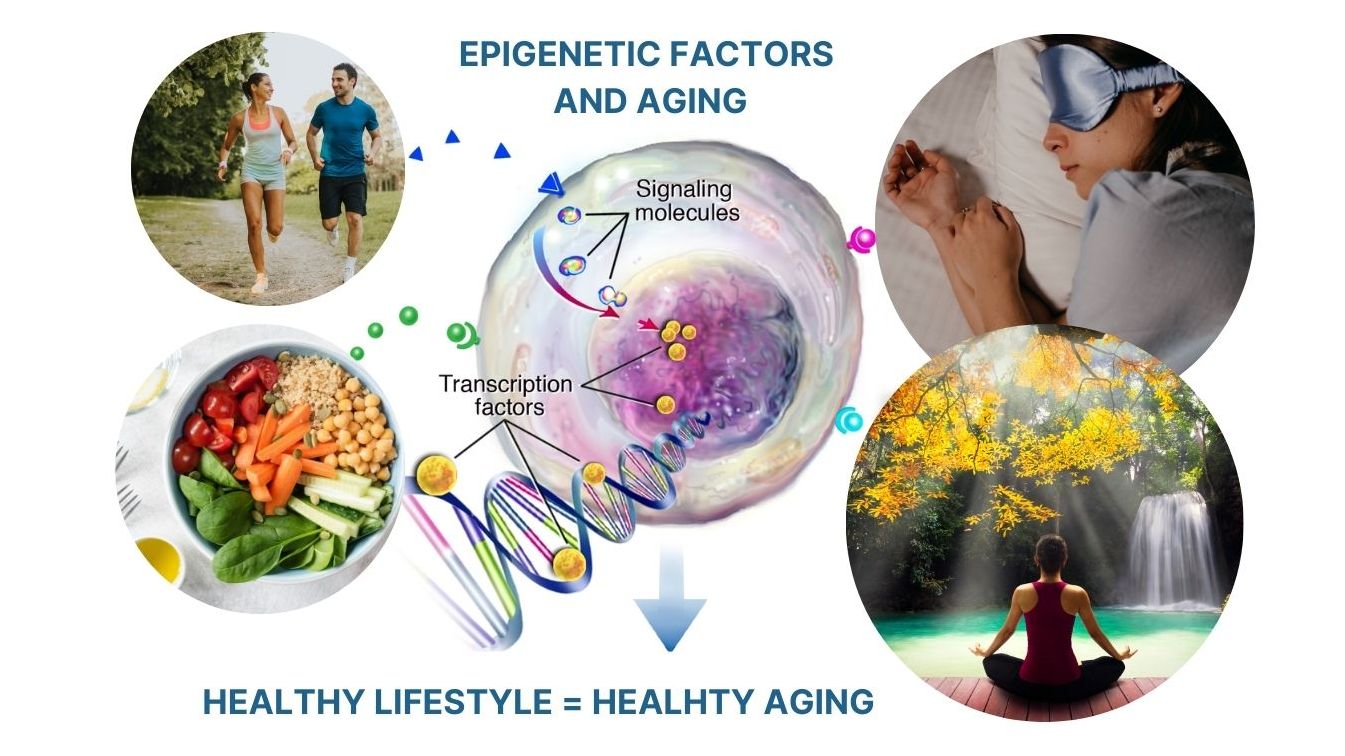
Balancing Wellness: Exploring Ayurvedic Healing

Balancing Wellness: Exploring Ayurvedic Healing
In the realm of holistic health, Ayurveda stands as an ancient system that harmonizes mind, body, and spirit. Let’s delve into the profound world of Ayurvedic practices, unraveling the wisdom that has guided individuals towards optimal well-being for centuries.
Foundations of Ayurveda: A Holistic Approach to Health
Ayurveda, originating from ancient India, is a holistic system of medicine that views health as a balanced integration of body, mind, and spirit. It operates on the principle of individual constitution, recognizing that each person has a unique balance of the three doshas—Vata, Pitta, and Kapha. Ayurvedic practices aim to maintain or restore this equilibrium for overall well-being.
Dosha Harmony: Understanding Individual Constitution
Central to Ayurvedic practices is the concept of doshas, which represent the fundamental energies that govern physiological and psychological functions. Vata, associated with air and space, governs movement; Pitta, associated with fire and water, governs digestion and metabolism; Kapha, associated with earth and water, governs structure and stability. Balancing these doshas is key to achieving optimal health.
Principles of Ayurvedic Nutrition: Nourishing the Doshas
Ayurvedic nutrition emphasizes the importance of choosing foods that align with an individual’s doshic constitution. Vata types may benefit from warming, grounding foods, while Pitta types may lean towards cooling and hydrating choices. Kapha types may thrive on lighter, more invigorating foods. Ayurvedic practices extend beyond what is eaten to how it is prepared and consumed, emphasizing mindful eating habits.
Herbal Medicine: Harnessing the Power of Nature
Ayurveda relies extensively on herbal medicine to support health and address imbalances. Ayurvedic practitioners use a wide array of herbs and botanicals with specific properties to target various health concerns. From adaptogenic herbs that enhance resilience to digestive herbs that support optimal functioning, Ayurvedic herbal medicine is a cornerstone of this holistic system.
Panchakarma Detoxification: Cleansing for Renewed Vitality
Panchakarma is a transformative Ayurvedic detoxification process that aims to purify and rejuvenate the body. This intensive cleansing involves various therapeutic treatments, including massage, herbal steam baths, and purgation. Panchakarma is designed to eliminate accumulated toxins, reset the doshas, and promote overall well-being.
Yoga and Ayurveda: A Synergistic Union
Yoga and Ayurveda are sister sciences that complement each other seamlessly. While Ayurveda focuses on health through balance, yoga enhances this balance through physical postures, breathwork, and meditation. The integration of Ayurvedic practices with yoga amplifies the holistic approach to well-being, fostering harmony in both body and mind.
Daily Routines: Aligning with Nature’s Rhythms
Ayurvedic practices emphasize the importance of daily routines, known as Dinacharya, to align with natural cycles. From rising with the sun to maintaining regular mealtimes and engaging in mindful practices, these routines are designed to promote balance, enhance digestion, and support overall vitality. Ayurveda encourages individuals to attune their daily habits with the inherent rhythms of nature.
Mind-Body Connection: Ayurvedic Psychology
Ayurveda recognizes the intricate connection between mental and physical well-being. Ayurvedic psychology explores the impact of thoughts, emotions, and spiritual well-being on overall health. Practices such as meditation, mindfulness, and pranayama are integral to Ayurvedic psychology, fostering a harmonious mind-body connection.
Ayurvedic Skincare and Beauty: Nurturing Radiance Naturally
Ayurvedic practices extend to skincare and beauty rituals, emphasizing the use of natural ingredients to enhance radiance and vitality. Ayurvedic skincare often involves herbal formulations, oils, and gentle cleansing techniques that nourish the skin based on doshic principles. The holistic approach to beauty in Ayurveda goes beyond superficial appearance, considering overall well-being and balance.
Exploring Ayurvedic Practices: Your Path to Holistic Wellness
For those intrigued by the transformative potential of Ayurvedic practices, imexassociates.com serves as a valuable resource. Discover insights into Ayurveda, explore personalized wellness approaches, and unlock the timeless wisdom that Ayurvedic practices offer for holistic well-being. Embark on a journey to balance and vitality through the profound teachings of Ayurveda.
In conclusion, Ayurvedic practices present a holistic approach to well-being that has withstood the test of time. As individuals seek comprehensive and personalized paths to health, the wisdom of Ayurveda continues to offer a timeless guide, reminding us of the interconnectedness of mind, body, and spirit in the pursuit of optimal wellness.












